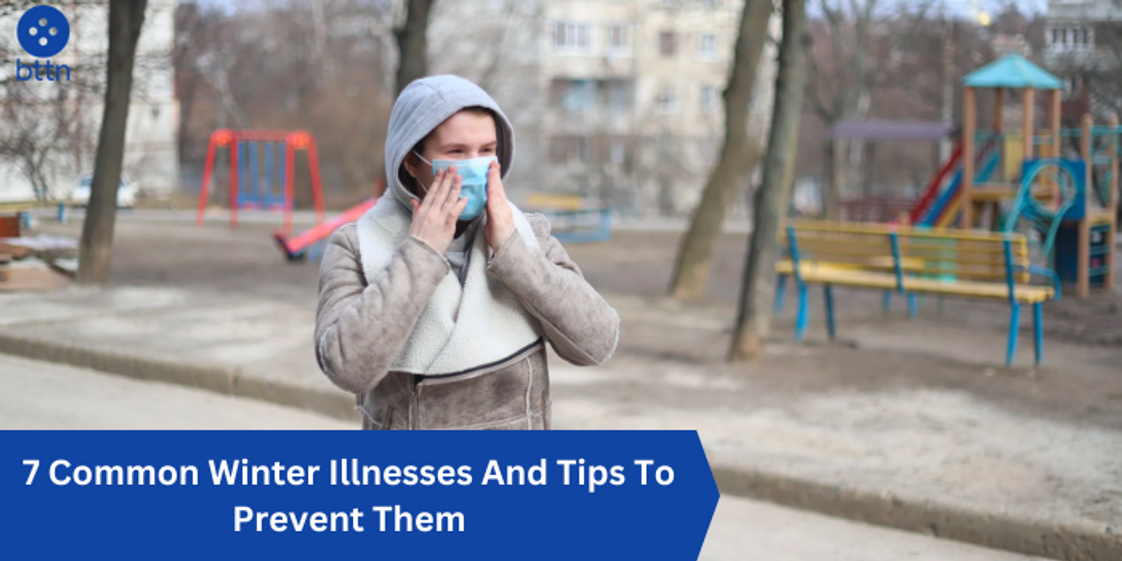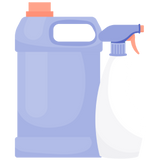
7 Common Winter Illnesses And Tips To Prevent Them
Posted by Pankaj Dhiman on Nov 21st 2023
Conquer Winter Wellness: 7 Common Illnesses and Their Prevention Strategies
As the chill of winter sets in, so does the dreaded cold and flu season. With the constant sniffling, coughing, and feeling under the weather, it can be a trying time for everyone. However, by understanding the common winter illnesses and implementing effective prevention strategies, you can significantly boost your chances of staying healthy and enjoying the winter months to the fullest.
In this blog post, we'll explore seven common winter illnesses, their symptoms, and practical tips to prevent them. By understanding the signs and taking proactive measures, you can significantly reduce your chances of getting sick and maintain overall well-being throughout the winter months.
Must Read - How to Recover From a Cold Fast
1. The Common Cold
The common cold, caused by a variety of viruses, is perhaps the most frequent winter ailment. It typically manifests as a runny or stuffy nose, sore throat, cough, headache, and mild body aches. While the common cold is generally harmless and resolves within a week or two, it can still be quite unpleasant.
Prevention Tips:
- Wash your hands frequently and thoroughly with soap and water.
- Avoid close contact with people who are sick.
- Cover your mouth and nose when coughing or sneezing.
- Get enough sleep and rest.
- Drink plenty of fluids, especially warm beverages like tea or broth.
- Consider using a humidifier to add moisture to the air.
Must Read: IV Flush Syringe: Uses, Risks, Recalls, and Settlements
2. Influenza (Flu)
Unlike the common cold, influenza or flu is caused by a specific group of viruses and can lead to more severe symptoms. Flu symptoms often include fever, chills, muscle aches, fatigue, sore throat, runny or stuffy nose, cough, and headache. In some cases, flu can also cause complications like pneumonia or bronchitis.
Prevention Tips:
- Get an annual flu vaccine.
- Continue practicing hand hygiene and respiratory etiquette.
- Stay home if you're sick to avoid spreading the virus.
- Maintain a healthy lifestyle with a balanced diet and regular exercise.
Must Read: Shop Urethral Catheter at Wholesale Prices - Bttn
3. Strep Throat
Strep throat, caused by Streptococcus bacteria, primarily affects children but can also occur in adults. It is characterized by a sore throat, fever, difficulty swallowing, swollen lymph nodes in the neck, and sometimes a rash. Strep throat can be treated with antibiotics to prevent complications.
Prevention Tips:
- Avoid sharing food or drinks with others.
- Wash your hands often and thoroughly with soap and water.
- Cover your mouth and nose when coughing or sneezing.
- Get prompt medical attention if you suspect strep throat.
4. Bronchitis
Bronchitis is an inflammation of the bronchial tubes, the passages that carry air to and from your lungs. It can be caused by viruses, bacteria, or irritants like smoke or dust. Symptoms of bronchitis include a cough that produces mucus, chest tightness, wheezing, and fatigue.
Prevention Tips:
- Avoid smoking and secondhand smoke.
- Maintain good indoor air quality by using air filters and avoiding harsh cleaning chemicals.
- Get vaccinated against influenza and pneumonia.
- Practice proper hand hygiene and respiratory etiquette.
5. Pneumonia
Pneumonia is an infection of the lungs caused by bacteria, viruses, or fungi. It often develops as a complication of bronchitis or the flu. Symptoms of pneumonia include cough, fever, chills, shortness of breath, chest pain, and fatigue.
Prevention Tips:
- Get vaccinated against pneumonia.
- Practice good respiratory hygiene and hand hygiene.
- Quit smoking and avoid secondhand smoke.
- Maintain a healthy lifestyle with a balanced diet and regular exercise.
Must Read: Shop At Home Medical Test Kits: Top 10 Products
6. Winter Skin Problems
The cold, dry winter air can wreak havoc on your skin, leading to dryness, itchiness, and chapping. This is because the skin loses moisture more quickly in cold temperatures.
Prevention Tips:
- Moisturize your skin regularly, especially after bathing or showering.
- Use gentle soaps and avoid harsh skincare products.
- Wear protective clothing, such as gloves and a hat, when spending time outdoors.
- Consider using a humidifier to add moisture to the air in your home.
7. Ear Infections
Ear infections, or otitis media, are more common in children during the winter months. They are caused by bacteria or viruses that get trapped in the middle ear, leading to pain, pressure, and fluid buildup.
Prevention Tips:
- Avoid exposing your child to secondhand smoke.
- Encourage your child to blow their nose gently.
Conclusion
Winter may bring the joys of cozy nights by the fireplace and festive cheer, but it also ushers in a season of common illnesses. By understanding the prevalent winter ailments, their symptoms, and effective prevention strategies, we can empower ourselves to stay healthy and resilient throughout the chilly months. Remember, simple measures like practicing good hygiene, getting vaccinated, and maintaining a healthy lifestyle can make a significant difference in keeping you well and preventing the spread of germs. Embrace the winter season with warmth and wellness!





























































